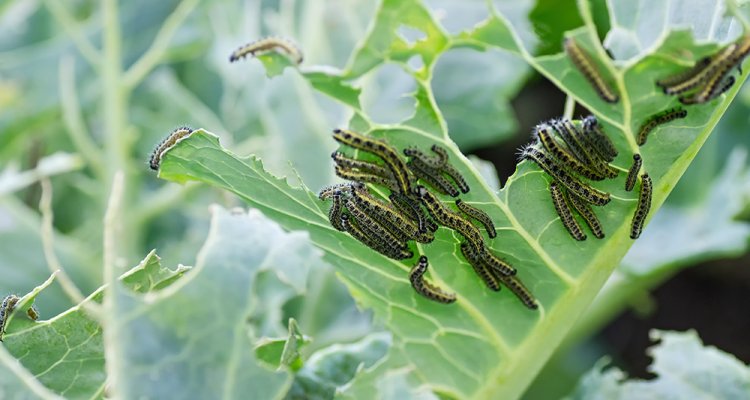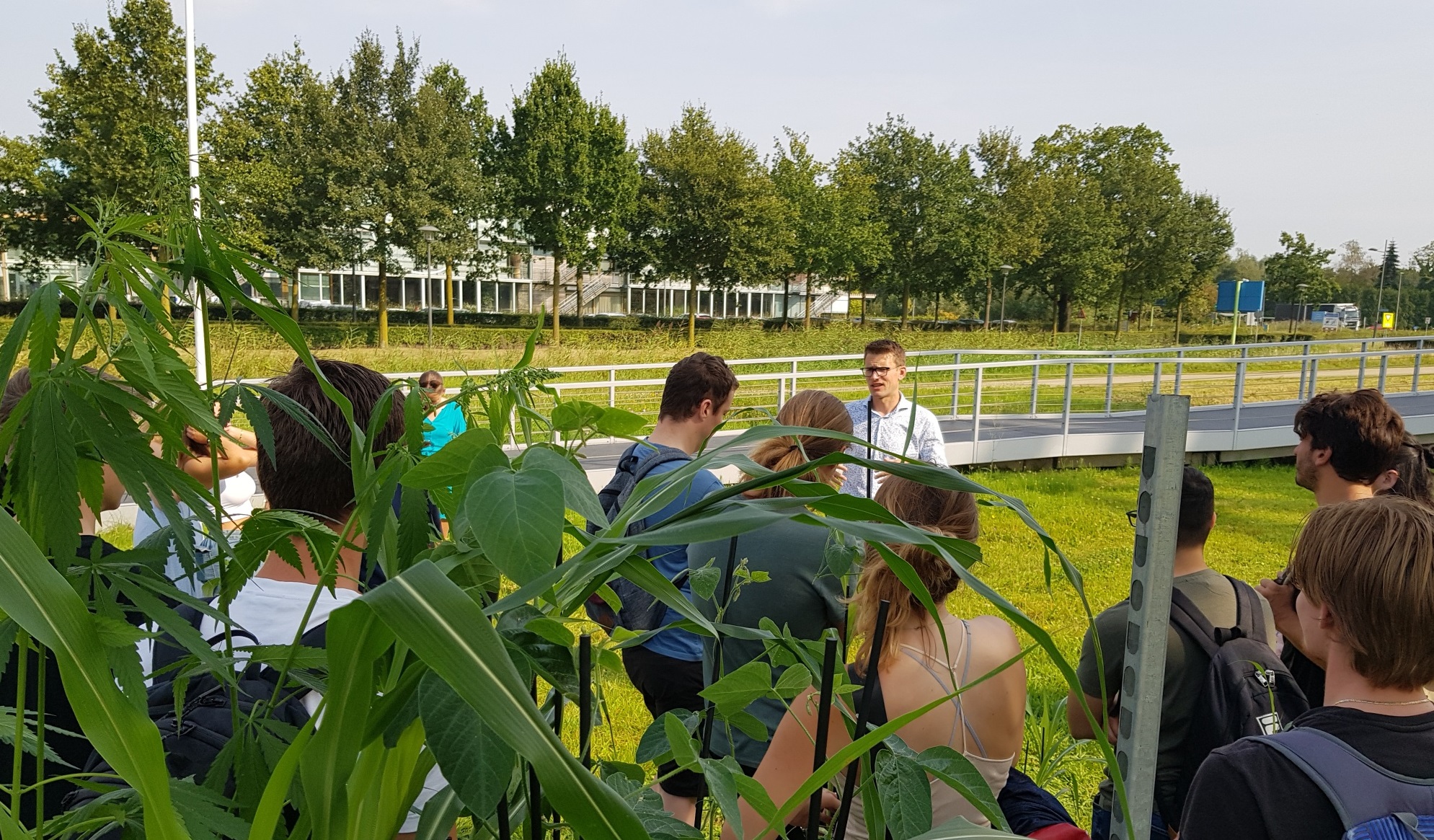Wild relatives of the black mustard plant defend themselves against plague insects with antibodies and thick leaves. In doing so, they take into account they need to still be able to defend themselves from other insects later on in the season. They are prepared for the most likely order in which insects will attack.
This was shown in research conducted by Wageningen entomologists that was published in Nature Plants. Plants do not know whether, and if so when, they will come under attack. This is why most plant varieties wait until they are attacked to invest in a defence mechanism. In the meantime, they use all of their available energy to grow and bloom. ‘The plant is specifically aware of what insect is attacking it’, says researcher Daan Mertens. ‘The way the plant cells are damaged and what substances are released as well as the characteristic saliva of the insects provide this information. Based on these signals, the pant can deploy a targeted defence through the production of antibodies.’
Sequence
However, in their research on black mustard (Brassica nigra), the entomologists made an unusual discovery. Mertens: ‘These plants are prepared for plague insects appearing in a particular order. Early on in the season, this would be a certain aphid, while later on, a caterpillar threatens the plant.’ The wild mustard plant does not deploy all of its antibodies against the first plague but saves ammunition. ‘Risk management’, according to Mertens, that results from natural selection. The plant is able to deal with the most frequently occurring sequences of plague insects.
Combinations
The researchers encountered this defence mechanism during a large-scale experiment in which they exposed black mustard to no less than ninety combinations of insects. In addition, they studied the frequency and sequence of insect damage in the field over a three-year period. This showed that the plant is most resilient against insect damage from insects appearing in the most common sequence in the field.
Plant breeders can benefit from this discovery, says research leader Erik Poelman. Since the use of insecticides is to be reduced, breeding companies may learn from the methods that wild plants use to deal with the abundance of insects in nature. This calls for a significant change towards systems thinking, Martens explains. ‘Now, you must breed a flexible crop that deals with a variety of attackers.’

 Photo Shutterstock
Photo Shutterstock 

